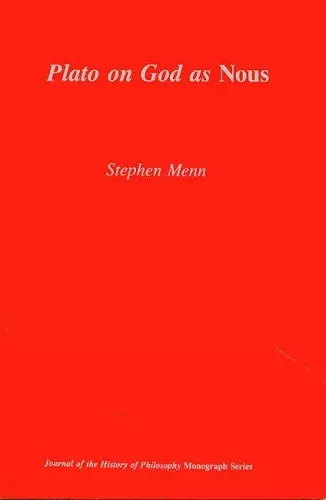Plato on God as Nous
Format:Paperback
Publisher:Southern Illinois University Press
Published:1st May '23
£20.99
Supplier delay - available to order, but may take longer than usual.

This book is the first sustained modern investigation of Plato’s theology. A central thesis of the book is that Plato had a theology—not just a mythology for the ideal city, not just the theory of forms or the theory of cosmic souls, but also, irreducible to any of these, an account of God as Nous (Reason), the source of rational order both to souls and the world of bodies. The understanding of God as Reason, and of the world as governed directly or indirectly by Reason, is worked out in the dialogues of Plato’s last period, the Statesman, Philebus, Timaeus, and Laws. These dialogues offer a strategy for explaining the physical world that goes beyond anything in the middle dialogues, and gives the best starting point for understanding the cosmologies and theologies of Aristotle, the Stoics, and later ancient thinkers.
Menn focuses on the Timaeus as Plato’s most sustained effort to provide what (according to the Phaedo) Anaxagoras had failed to deliver: an explanation of the world through Reason, showing that things are as they are because it is best, or because it best serves the order of the world as a whole. Anaxagoras was disappointed because he explained things through their material constituents, without explaining why the constituents are ordered as they are; but the theory of forms has the same defect, since it cannot explain why different parts of the universe participate in different forms according to a particular order. The Timaeus and other late dialogues attempt to supply the missing explanation of the ordering of the physical world. These dialogues do not retreat from the middle dialogue theory of forms, nor do they escape into an esoteric theory of numbers; but they add to the middle dialogues an analysis of the principles necessary to account for the existence and partial intelligibility of the sensible world—not only forms and a material substance but also Nous and souls.
Although the demiurge of the Timaeus (and his counterpart the Nous of Philebus) is represented as a cause both to souls and bodies, most scholars have been reluctant to identify the demiurge as a being separate from and superior to souls, because they think that both the meaning of the Greek word nous and...
ISBN: 9780809319701
Dimensions: unknown
Weight: unknown
104 pages